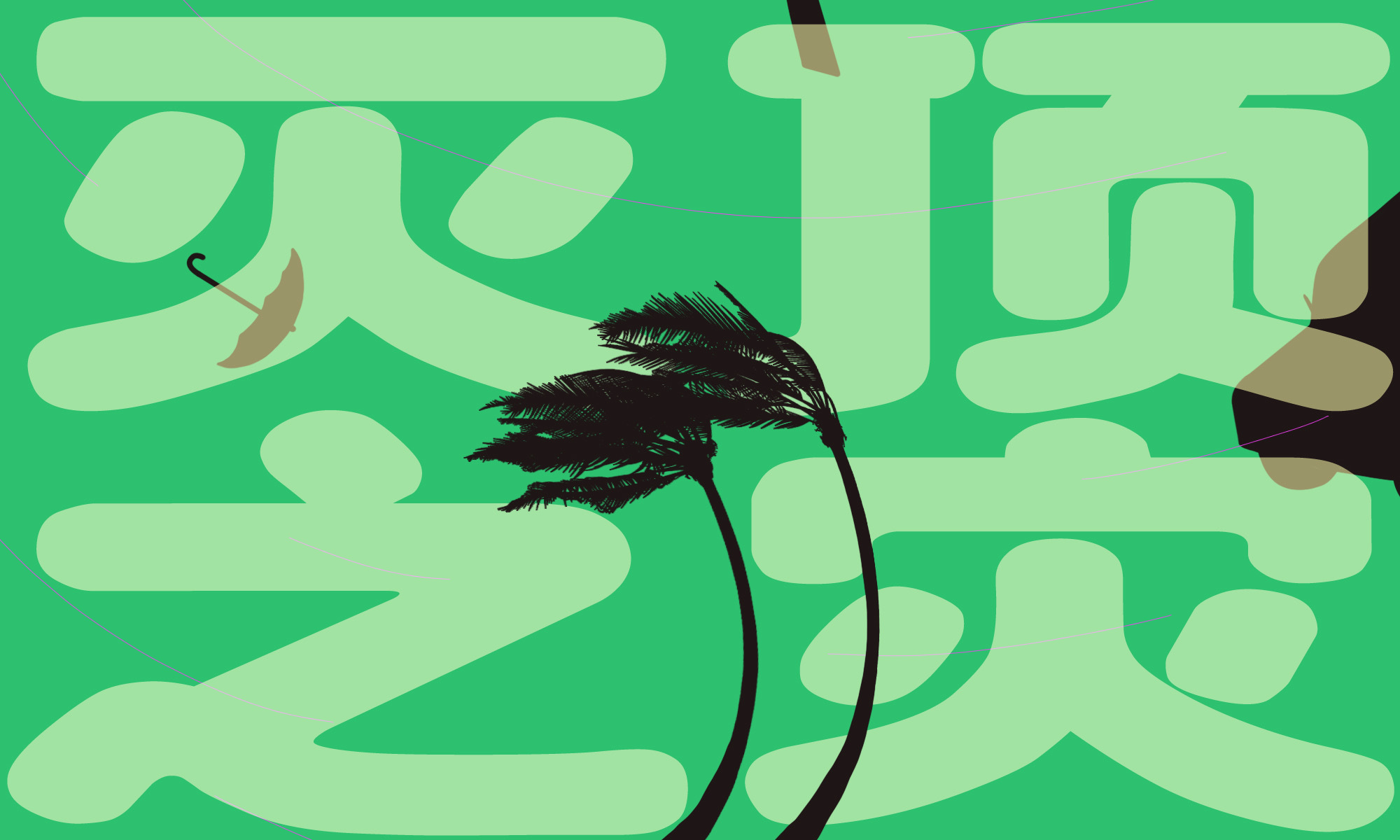‘Massive catastrophe’ — Phrase of the Week
Storm Doksuri has brought devastating rains and floods to a small city southwest of Beijing.

Our Phrase of the Week is: Massive catastrophe (灭顶之灾 mièdǐng zhīzāi).
The context
Typhoon Doksuri hit mainland China last week, bringing the heaviest rains in 140 years. Beijing and the surrounding provinces of Tianjin and Hebei experienced some of the worst floods on record.
The small city of Zhuozhou, southwest of Beijing in Hebei, was one of the areas hit the hardest with a force the locals did not expect.
The town was cut off from the outside as its buildings were surrounded by up to eight meters (26 feet) of floodwaters in some places, submerging cars and traffic lights. Shocked residents were left stranded with no electricity or drinking water.
As rescue efforts got underway, firefighters and rescue workers commented:
As the flood came, small towns on either side of the river banks experienced a massive catastrophe.
洪水过境,两岸数十个村落遭遇灭顶之灾。
Hóngshuǐ guòjìng, liǎng’àn shùshí ge cūnluò zāoyù mièdǐng zhīzāi.
And with that, we have our Phrase of the Week.
What it means
Massive catastrophe is a Chinese idiom. The four characters mean “cover” (灭 miè), “head” (顶 dǐng), and “disaster” (之灾 zhīzāi) to describe a disastrous event destroying everything in its path, like a flood, a fire, or an earthquake.
The idiom originates from a section of The Book of Changes (易经 Yì Jīng). An ancient Chinese text among the oldest of the Chinese classics, The Book of Changes was a divination manual during the Western Zhou period (1,000–750 B.C.E.).
Our Phrase of the Week is from the core part of the text, also known as The Changes of Zhou (周易 Zhōuyì).
The idiom is found in this text:
Water deep enough to submerge the top of one’s head; such is danger
过涉灭顶;凶
Guò shè miè dǐng; xiōng
In modern Chinese, this idiom is evoked when extreme natural disasters hit. In this case, it captures the magnitude of the Zhuozhou floods that have submerged people and buildings in its path.






